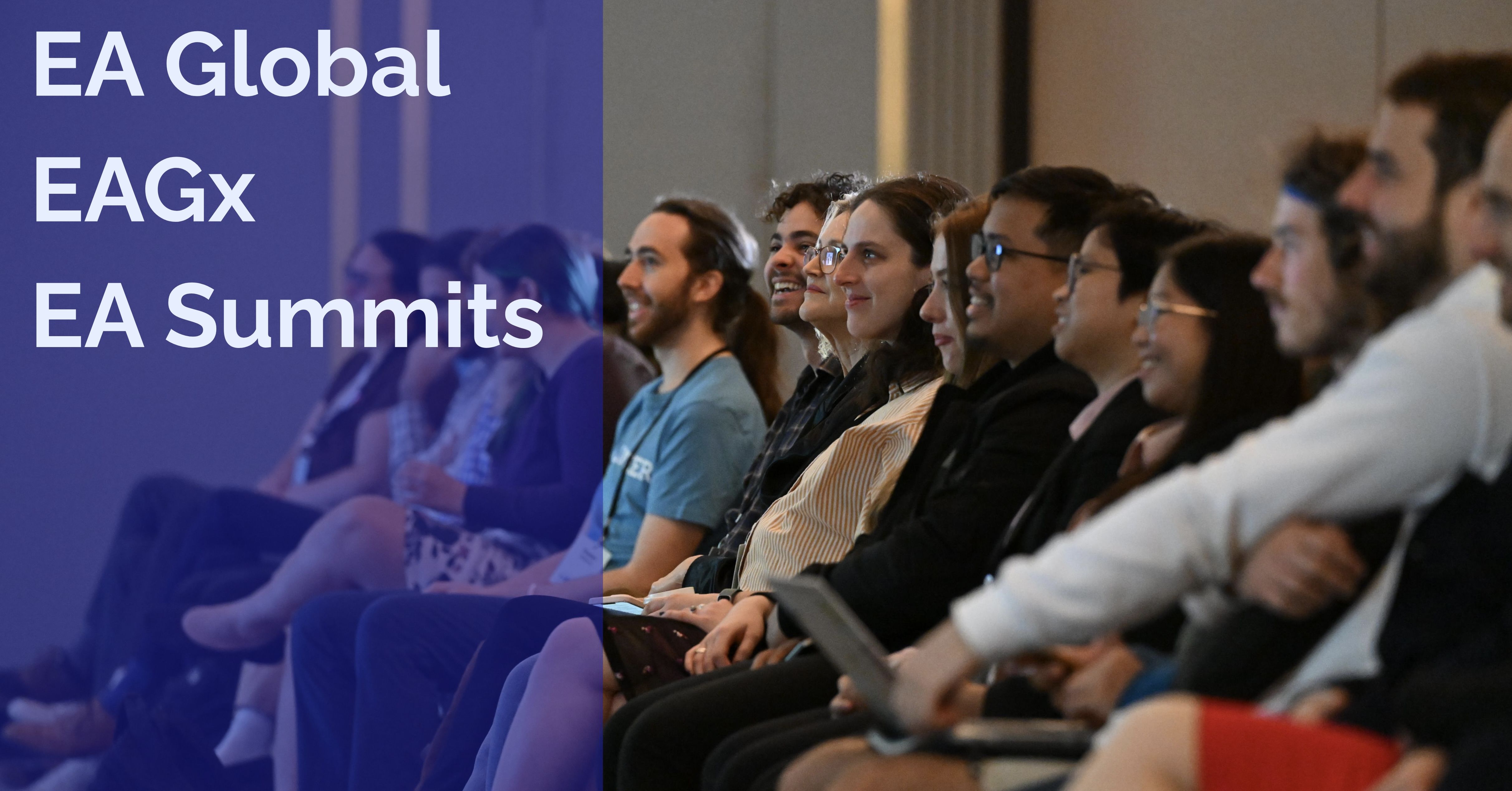Hi group organisers,
The current intro fellowship syllabus is getting on to be ~3 years old now, and many of you have remarked that it needs an update. As good stewards of EA, we have listened to your feedback and are pleased this April 1st to announce our proposed revamp!
Problems with the current Intro Fellowship
- Confusion over name variations
- People don’t do the readings
- No immediate impact
- Weak bonds between participants
- Too cause-neutral
Our proposed solutions
Confusion over name variations
The Introductory Fellowship is also known as Intro Fellowship, Arete Fellowship, EA Fellowship, EA Seminar Program, EA Seminar Programme, Intro to EA Program and Introductory Seminar Program. Way too many names, way too confusing! We will be shortening the new program simply to ‘the Fellowship’.
People don’t do the readings
We understand that it is common for some fellows to skip some readings. This creates a suboptimal environment, as those who have not done the reading are left confused and those who have done it are frustrated. We think that the only workable solution to this dilemma is to remove all readings.
No immediate impact
People drawn to EA have a strong desire to do good, and often want to start improving the world right now. They feel like they could be doing more than sitting around moving their mouths and thinking deeply about their cruxes. Boring! Indeed, the Fellowship could appeal to a broader pool of promising students via supporting a more immediate impact - so-called ‘project programmes’. Our revamped, action-oriented fellowship will take the form of a high-effort group project with a clear end goal (see below).
Weak bonds between participants
Over time, we’ve seen that some of the most successful EA groups have been those where organisers are close to each other.
We understand that forming truly strong bonds require many sustained hours of interactions over many months. As such, we are extending the length of the Fellowship to cover the entire academic year, excluding exams - we estimate this to be about six months. We also understand that the best bonding occurs during unstructured socialising without outside distractions. Therefore, our revamped fellowship will consist of a long group hike.
Too cause-neutral
Although CEA holds a principles-first approach, this is not incompatible with prioritising some cause areas over others. We think it is wrong that the existing Introductory Fellowship treats all major cause areas equally. Instead, we are pivoting the Fellowship to focus solely on the world's most pressing problem. Henceforth, the Fellowship will focus on a highly leveraged way to have an impact: destroying a dangerous technology that bad actors could use for world domination and value lock-in.
View our draft fellowship revamp here
Best wishes,
Jemima
Steward of Gondor Uni Groups Team
If you’d like to do the current fellowship before it changes, Virtual Programs are accepting applications for their Introductory EA Program and In-Depth EA Program until Sunday 6th April.
Thanks to Galad-neel Nandor, Alex Dial and Dylan Corliss for feedback on this post




These are very good reasons and will surely be justified until the end of 1st April 2025.